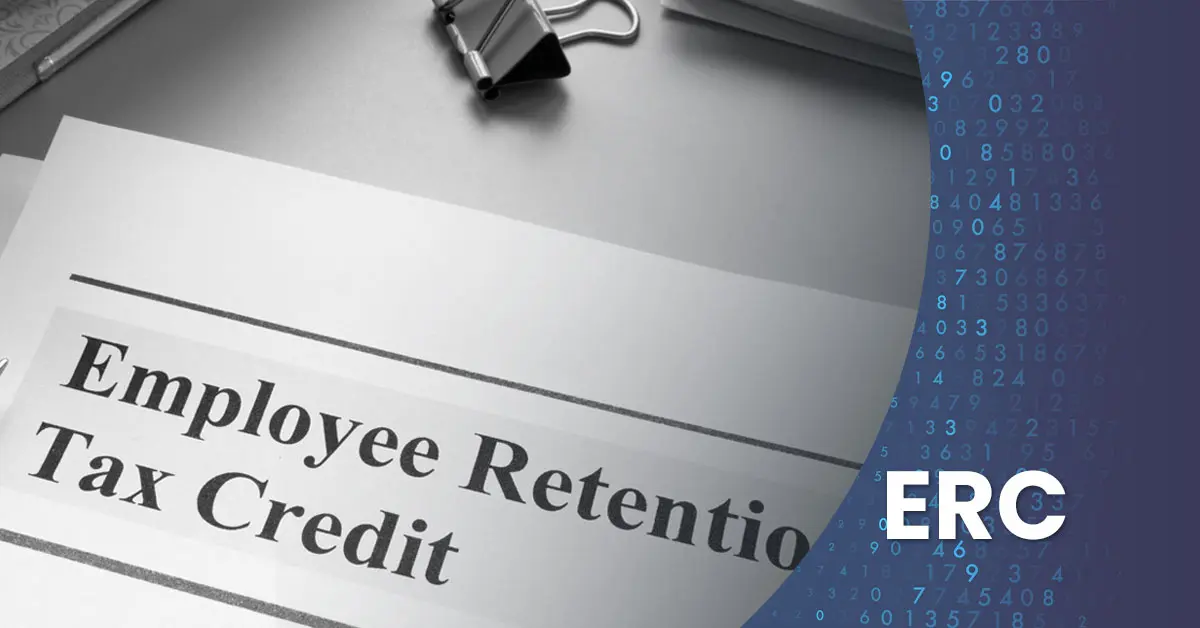By Lisa Calick, SPHR
If you’re a company based in, or with offices in, New York City, you should be aware of a new law that took effect on October 31st. As of that date, it became illegal for public and private employers in New York City to inquire about an applicant’s salary history during any stage of the hiring process. This includes inquiries on employment applications, during interviews and while conducting background checks.
The law was introduced to even the wage gap between men and women, and seeks to break the cycle of inequity by reducing the likelihood that women and minorities will be prejudiced by prior salary levels. Instead, this law encourages employers to set compensation based on an applicant’s qualifications.
What can’t you do?
As noted, employers are no longer permitted to inquire about an applicant’s salary history, including at current and former jobs. Employers are also forbidden from searching public records to learn about applicants’ current or prior pay or relying on that information if inadvertently discovered.
What action steps should you take?
Employers should analyze their past and current practices to make sure that applications no longer ask for salary history at past positions. This includes both paper and online versions. Companies should also look at their interview materials, employment applications, and background check forms to ensure that questions regarding salary history are removed. It is equally important to train anyone within your organization that conducts interviews. If you use third parties to help with your recruitment efforts, make sure they are also aware of these restrictions.
It is also important to note that if you have been providing salary history to prospective employers of former employees, make it best practice to stop sharing that information.
What can you do?
While you cannot ask a candidate about his or her salary history, you are allowed to ask about salary expectations or requirements. You can also inform them what the anticipated salary for the position will be. Applicants may voluntarily tell an employer their salary history, however they cannot be prompted to do so. It would also be advisable to take contemporaneous notes during the interview to document any conversation regarding salary.
What are the penalties for non-compliance?
Noncompliance with the salary history ban could expose companies to significant penalties up to $250,000. Additionally, individuals may also recover back pay, front pay, compensatory damages and attorney’s fees if they are successful in a civil suit.
Any questions regarding the information on this law, or another HR matter can be directed to Lisa Calick, Director of HR Advisory Services. She can be reached at [email protected] or 973.994.9400.

 Previous
Previous






